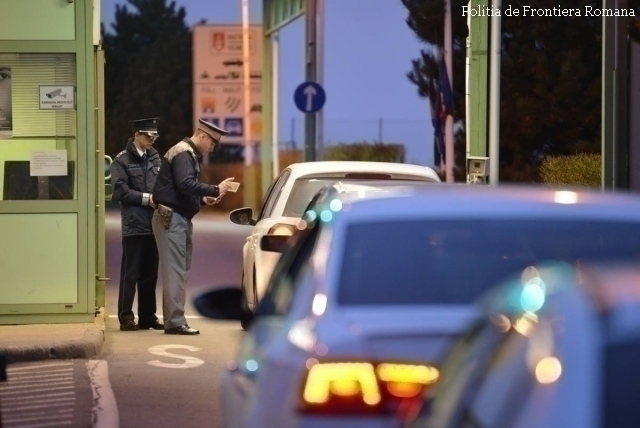New border-crossing regulations
Starting today the EU is strengthening its external borders to improve the security of the Union and its citizens.

România Internațional, 07.04.2017, 13:36
On April 7 new regulations on systematic and comprehensive border crossing controls take effect. The new legislation is aimed at improving the security of the EU and its citizens. As of today, EU member states, Romania included, are under the obligation to carry out border-crossing checks by consulting relevant databases to see whether the people crossing the border pose any risks to public order or internal security.
Proposed by the EU one month after the Paris terror attacks of November 2015, the new regulations have been the object of negotiations between member states and the European Parliament. The European Commission and the Council of Europe subsequently adopted the regulations, whose provisions apply for all borders, air, maritime or land, upon both entry and exit, as well as for the internal borders of all EU states that still have internal border checks.
So far, only the citizens of non-EU states were subject to these checks, which, starting April 7, apply to EU citizens as well. Prior to this move, EU citizens crossing the border only had their ID documents checked. The new regulations come into force in all Schengen member states, with the exception of the UK and Ireland. The Romanian border police has announced it would strengthen border-crossing procedures.
Here is Alexandra Popescu, spokesperson for the Romanian border police, with more details: “The databases used for these checks are the IT Schengen system, the Interpol database containing stolen or lost travel documents, as well as the databases of member states. The checks allow member states to make sure the people pose no threat to public order, internal security or public health, with a view to improving the security of the European Union and its citizens”.
Due to the upcoming systematic checks, but also to the Easter spring break, border-crossing flows are expected to spike, and the authorities estimate wait times for crossing the border will also rise. The Romanian border police has taken all the measures to reduce wait times and ensure a functional border-crossing check, and is making all the efforts to strike a balance between the security of citizens and border-crossing flows. In addition, based on Romania’s bilateral agreements and on EU regulations, internal border-crossing checks are being carried out jointly with the Hungarian and Bulgarian authorities. The border police remind travellers there is an online app, available on the webpage www.politiadefrontiera.ro where travellers can find out the approximate wait time for crossing the border.






























